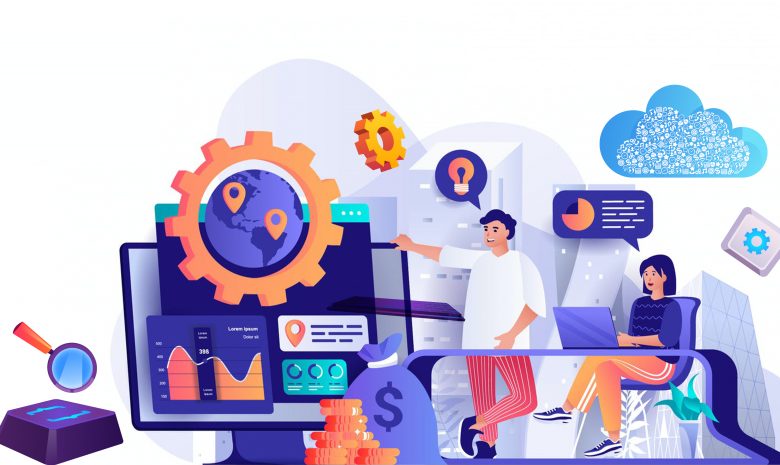What are the advantages of implementing ERP software in an Educational Institute?

The importance of ERP systems has never been greater because they are essential management tools for thousands of enterprises across all sizes and sectors. If the business or educational institute doesn’t already have an ERP system in place, now is the time to do so as technology develops and advances. The way educational institutions manage their operations has changed as a result of information technology advancements. The administration procedure quickly and measurably improves with the replacement of the older legacy systems with centralized ERP. The program comes with several tools that update planning and management of procedures connected to student registration, lectures, courses, the library, customer service, etc. while also modernizing the campus. As the educational institute expands, new problems will inevitably appear, procedures will get more intricate, supply chain management may become more difficult to handle, and costs will climb. If the business or institute management is not making use of all of their knowledge in useful ways, productivity may suffer.
In light of the foregoing, let’s examine some of the top advantages of integrating an institute ERP system.
Simplification of the admission process
The admissions process is sometimes difficult and drawn out at schools, colleges, universities, and other educational institutions. Each application includes several bits of data about the applicant, such as their date of birth, grades, areas of expertise, and more. The management must examine each of these documents to evaluate the candidate’s eligibility. If the work is carried out manually, the procedure takes a long time. However, this process of enrolling the best-fit pupils becomes straightforward with the aid of ERP software. The system gathers all the required elements in one location, making it simple for the administrator to access them and accelerating the certification procedure.
Centralized Data Management
Numerous records regarding students, books, exam schedules, lesson plans, and other data must be kept at educational institutions. An institute ERP solution unifies the whole campus and all of the branches into a single system to simplify the data management process. To keep instructors, staff, and students informed of critical announcements, the platform facilitates sharing of stored data across all departments. In this manner, management might better manage internal and external communication inside the organization and prevent communication breakdowns.
A Quicker Management Process
The educational institute’s ERP system makes information regarding students, staff, schedules, exams, admissions, fees, reporting, and other topics easily and quickly accessible. This makes it easier for management to think about and evaluate numerous areas of the organization, which improves planning capacity. Through strategic data analysis, the expanded data availability also fosters informed decision-making.
Automated Payment of fees
Another crucial step in every educational institution is fee collection. Managing the process used to be a problem for the administrators before ERP was introduced.
To determine which fees have been paid and which are still owed, they must examine each student’s payment history. This tedious manual labor is eliminated by an ERP system, which also makes fee collecting simple and less taxing. To keep students informed about their fee status, the program automatically separates the fees received into several categories and keeps track of all the components of the price structure, including amounts paid for tuition, entrance, books, labs, etc. The software solution furthermore provides automated notifications to guarantee that students or their parents are informed on time and in the proper manner of communication.
Resource Management Improvement
Manual upkeep of bulky resource databases is eliminated by an effective ERP system. The software’s ability to manage real-time inventory and resource utilization enable the management to seamlessly distribute resources, improve operations, and keep an eye on all of the institution’s activities. This speeds up daily tasks and ensures that problems are resolved quickly when they arise.
Cost Effective
One of its most notable benefits is the cost-effectiveness of institute ERP installation in any industry, including educational institutions. The program automates these processes to minimize the number of man-hours required for the manual processes involved in the core aspects of campus administration, such as admission, payroll, fee collecting, and others. The money saved can be put toward vital educational needs.
Data Protection
Time is money and dynamic pricing is essential to the retail industry. But doing this manually is a very time-consuming operation. To do this, the management needs a reliable ERP solution that can automate the process of recording the prices of items as well as any discounts offered on them, making the process quick and easy.
Across all of its campuses, every educational institution must keep records on all its current and former students, professors, books, and other resources. When all the data is combined, it becomes enormous, and it is never safe to store it physically on the shelves. This vast quantity of data may be safely stored with ERP software. Information is protected by a backup mechanism in the program, which is not feasible if it is kept in files.
Read More: Importance of correspondence LPU


